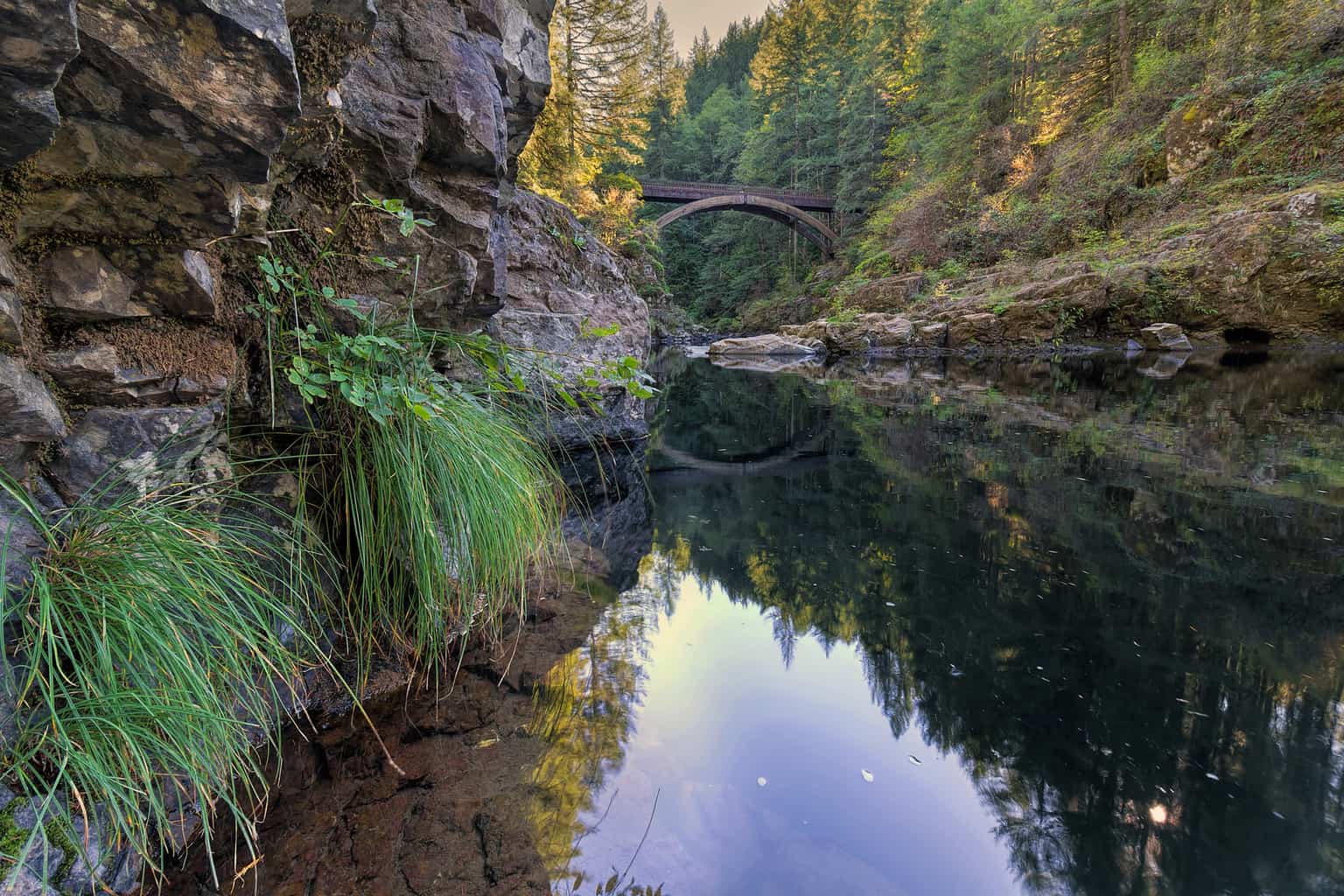Secrets Of Washington’s Lewis River Logging Camps

Have you ever wondered about the hidden history of Washington's Lewis River logging camps? These camps played a crucial role in shaping the region's economy and culture. Nestled in the lush forests of the Pacific Northwest, they were bustling hubs of activity during the early 20th century. Loggers worked tirelessly, cutting down massive trees and transporting them to mills. Life in these camps was tough but filled with camaraderie and adventure. From makeshift cabins to communal dining halls, every aspect of camp life had its unique charm. Join us as we delve into the fascinating world of the Lewis River logging camps.
Discovering the Lewis River Logging Camps
Washington's Lewis River region holds a rich history of logging camps that once thrived in the dense forests. These camps played a crucial role in the development of the Pacific Northwest, providing timber for construction and industry. Let's take a journey through some of the most notable logging camps in this historic area.
1. Yale Logging Camp
Yale Logging Camp, located near the town of Yale, was one of the earliest and most significant camps in the Lewis River area. Established in the late 1800s, it became a bustling hub for loggers and their families.
- Historical Significance: Yale Logging Camp was pivotal in supplying timber for the growing cities of the Pacific Northwest.
- Community Life: The camp had a close-knit community with schools, stores, and recreational activities for the workers and their families.
- Legacy: Many of the original structures still stand, offering a glimpse into the past.
2. Cougar Logging Camp
Nestled near the town of Cougar, this camp was known for its rugged terrain and hardworking loggers. Cougar Logging Camp operated during the early 20th century and contributed significantly to the timber industry.
- Challenging Terrain: The camp's location in the foothills of Mount St. Helens made logging a tough but rewarding job.
- Innovative Techniques: Loggers at Cougar were among the first to use steam-powered equipment, revolutionizing the industry.
- Cultural Impact: The camp's stories and legends are still shared by locals, keeping its memory alive.
3. Ariel Logging Camp
Ariel Logging Camp, situated near the town of Ariel, was a major player in the logging industry during the mid-1900s. Its strategic location along the Lewis River made it an ideal spot for transporting timber.
- Strategic Location: Proximity to the river allowed for efficient transportation of logs to mills and markets.
- Economic Boom: The camp brought prosperity to the region, creating jobs and boosting the local economy.
- Preservation Efforts: Efforts are underway to preserve the camp's history through museums and historical societies.
4. Woodland Logging Camp
Woodland Logging Camp, located near the town of Woodland, was known for its large-scale operations and advanced logging techniques. It played a crucial role in the post-World War II timber boom.
- Large-Scale Operations: The camp employed hundreds of workers and produced vast quantities of timber.
- Technological Advancements: Woodland was at the forefront of adopting new logging technologies, such as chainsaws and heavy machinery.
- Community Involvement: The camp's success led to the development of schools, hospitals, and other infrastructure in the area.
5. Merwin Logging Camp
Merwin Logging Camp, near Lake Merwin, was a picturesque yet industrious camp that thrived in the early 1900s. Its scenic location made it a favorite among loggers and their families.
- Scenic Beauty: The camp's location near Lake Merwin offered stunning views and recreational opportunities.
- Family-Friendly: Merwin was known for its family-friendly environment, with activities and amenities for all ages.
- Historical Remnants: Some of the camp's original buildings and equipment can still be seen today, attracting history enthusiasts.
6. Swift Logging Camp
Swift Logging Camp, located near Swift Reservoir, was a key player in the logging industry during the mid-20th century. Its remote location required innovative solutions for transporting timber.
- Remote Location: The camp's isolation made logging operations challenging but also fostered a strong sense of community among workers.
- Transportation Solutions: Loggers used railways and waterways to transport timber from the remote camp to markets.
- Enduring Legacy: Swift Logging Camp's contributions to the industry are remembered through local history projects and storytelling.
7. Speelyai Logging Camp
Speelyai Logging Camp, situated near Speelyai Bay, was known for its unique logging methods and commitment to sustainability. It operated during the early to mid-1900s.
- Unique Methods: The camp employed innovative logging techniques that minimized environmental impact.
- Sustainability Focus: Speelyai was ahead of its time in promoting sustainable logging practices.
- Educational Programs: Today, the camp's history is used to educate the public about sustainable forestry practices.
8. Cedar Creek Logging Camp
Cedar Creek Logging Camp, located near Cedar Creek, was a small but influential camp that operated in the early 20th century. Its contributions to the local timber industry were significant.
- Small but Mighty: Despite its size, Cedar Creek produced high-quality timber that was in great demand.
- Community Spirit: The camp fostered a strong sense of community, with social events and gatherings for workers and their families.
- Historical Significance: Cedar Creek's history is preserved through local museums and historical markers.
The Legacy of Lewis River Logging Camps
Lewis River logging camps hold a rich history. These camps shaped Washington's timber industry and the communities around them. Workers faced tough conditions but built strong bonds and a sense of pride. The camps were more than just workplaces; they were homes where families grew and traditions formed.
Today, remnants of these camps remind us of the hard work and determination of those who lived there. Exploring these sites offers a glimpse into the past, showing how the logging industry evolved and impacted the region. The legacy of Lewis River logging camps lives on, influencing modern forestry practices and preserving a unique part of Washington's heritage. Whether you're a history buff or just curious, visiting these sites provides a deeper appreciation for the area's rich past.

